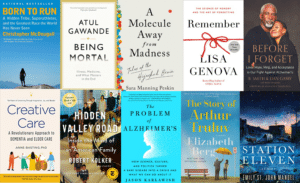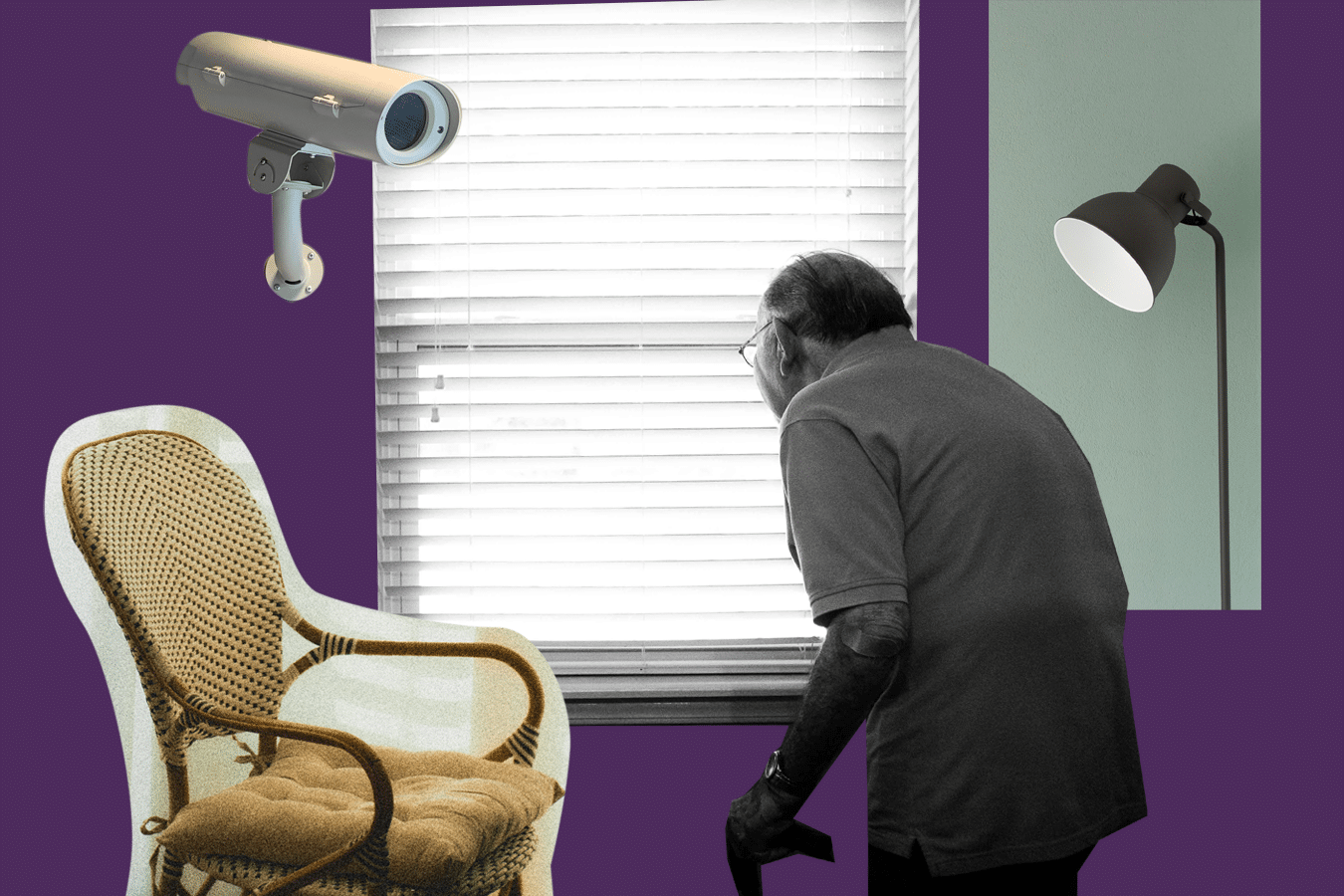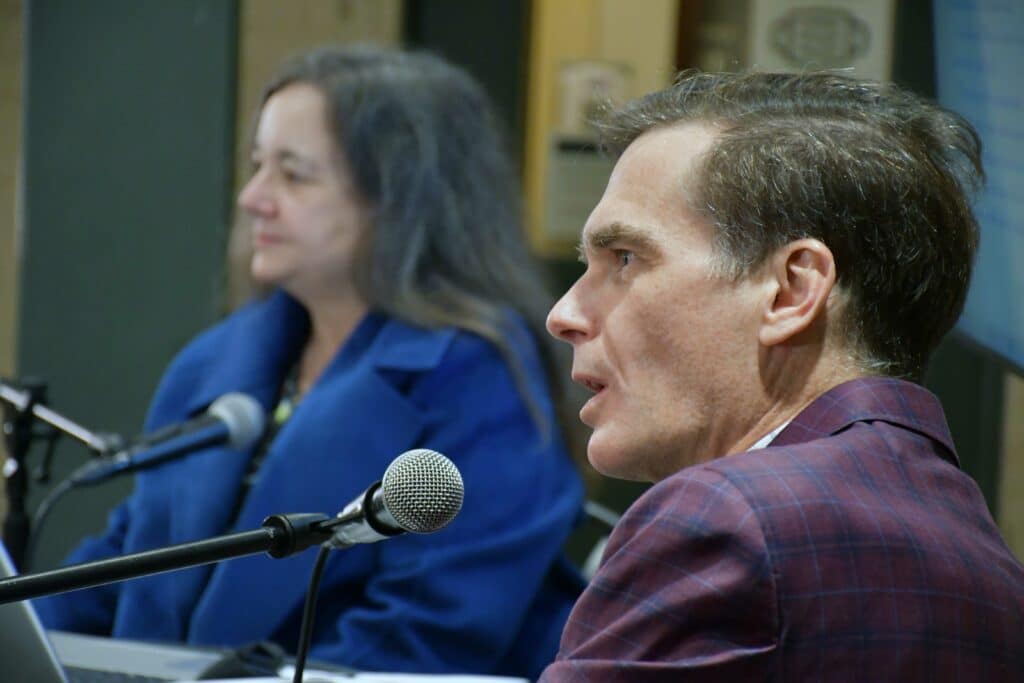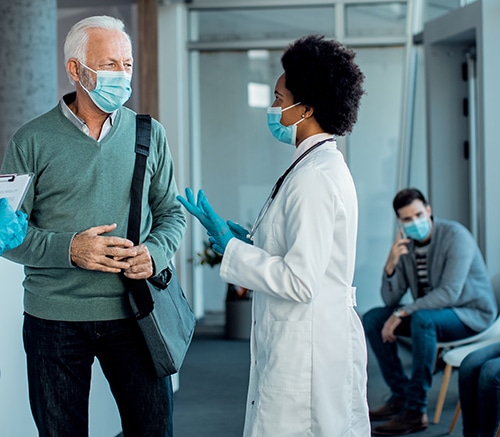In a recent article, Emily Largent, PhD, JD, RN, member of the Penn Program on Precision Medicine for the Brain (P3MB), argues that Alzheimer’s disease testing and results disclosure should be brought into the 21st Century Cures Act (Cures Act). Here are some key takeaways from Dr. Largent’s article:
- Tests that show either the risk of developing Alzheimer’s disease (AD) or the presence of AD pathology are becoming more frequent and are predicted to become a regular aspect of health care in the near future.
- The Cures Act requires patients to be able to receive these test results immediately and electronically, without certainty that a clinician will be there to explain the result or that the patient received educational materials about the nuances and uncertainties of AD testing.
- Patients and families can understand AD gene and biomarker test results with the appropriate education.
- Reports of test results should use plain and easy to comprehend language, not an abundance of medical jargon.
- Educational materials should be evidence-based and be made widely available.
- There should be increased access to expert postdisclosure education and counseling.
Dr. Largent’s full article is in JAMA Neurology. There is a paywall.




